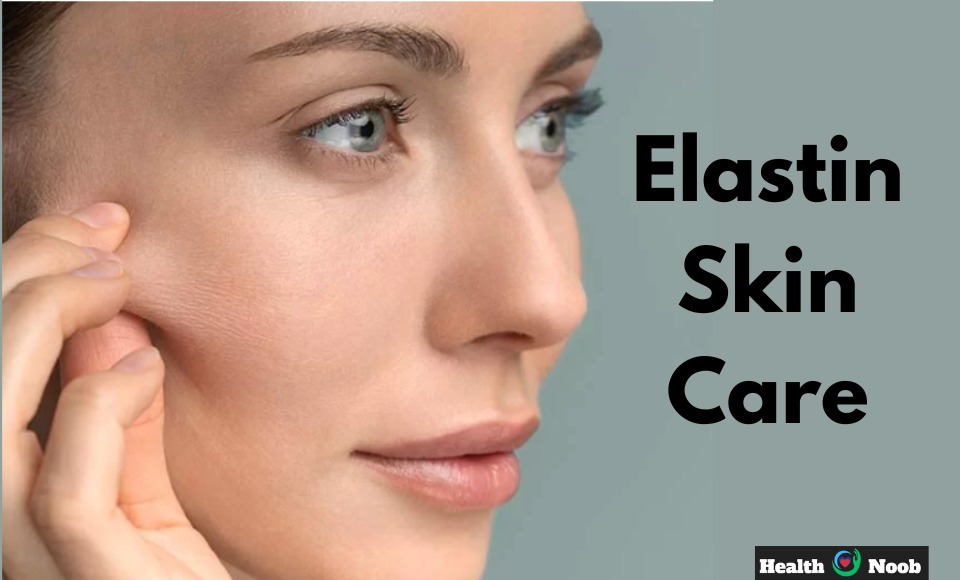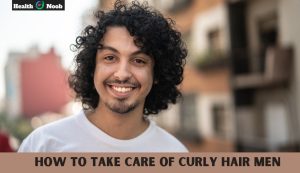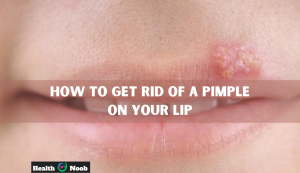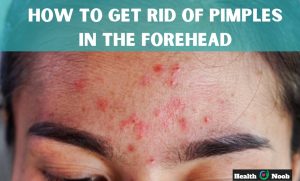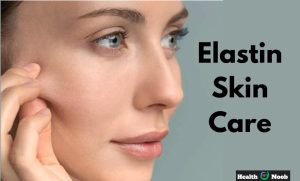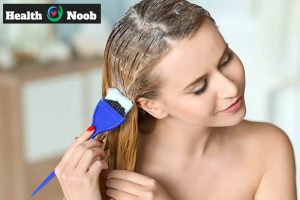It’s no secret that young skin has more elasticity than older skin; The secret is knowing the origin of that vitality. Skin elasticity comes from elastin, and although it occurs naturally, elastin production can decrease due to a number of different factors.
So, what is the role of elastin in the appearance of the skin and how can you turn to it to keep your skin looking firm and healthy in the long term?
join us as we embark on this exciting adventure in elastin skin care, where each step brings you closer to a more vibrant and youthful complexion.
What is elastin?
Elastin, found in the skin’s connective tissue fibers, provides both strength and elasticity to the skin. It is what gives the skin that rejuvenated, full appearance that is often associated with a young, healthy complexion. Elastin naturally reduces with age, leaving skin more prone to visible sagging, fine lines and wrinkles.
Are elastin and collagen the same thing?
The short answer is no. Even though they are both proteins and are always talked about together, they each do different things in the body. But collagen’s main job is to give the body shape, firmness, and support. We already talked about elastin’s main job, which is to keep cells in the body flexible (able to stretch and shrink).
Skin that doesn’t have enough elastin can be seen by its lines and tendency to sag, which is why it’s important to keep it healthy.
Besides being proteins, they both stop being made over time. One small but important difference is that there are several topical solutions for collagen that can be used to help the skin make it, but not for elastin. In the second case, it normally takes a long time to get more and help the body renew it.
The simple explanation is that once the body stops making both proteins naturally, it is harder for the skin to make elastin again than collagen. The cause? To this day, science has not been able to figure out the right way to make the body make more elastin. This is why there are no goods on the market that can help you get more elastin.
What causes loss of elastin from the skin?
Many factors affect how skin ages . Typically, a lack of collagen and loss of elasticity is perfectly normal: as you age, you may notice your skin becoming drier, duller, and wrinkled, and that’s natural. However, these changes can also be due to elastin skin care:
Sun exposure:
The sun’s rays can cause damage due to ultraviolet rays that contribute to the appearance of sagging and wrinkles. Skin exposed to the sun without protection is also at greater risk for damage to its cells and DNA.
Pollution:
Air pollution is usually ignored when it comes to skin care, but your skin is surely feeling the effects. Free radicals arising from air pollution and other environmental factors can cause premature skin aging.
Alcohol or tobacco consumption
Substances that directly affect the skin, oxidizing it, dehydrating it, and destroying collagen and elastin, thus promoting the loss of elasticity, leaving the skin with an older appearance and more wrinkles.
Stress
It is a state that generates inflammation in the body and slows down the correct functioning of the cells, stopping them from being nourished, oxygenated, and not releasing toxins properly.
Lack of hydration
If daily water intake is not enough, elastin will be destroyed, and consequently, the skin dries out, its turgor decreases, and wrinkles appear.
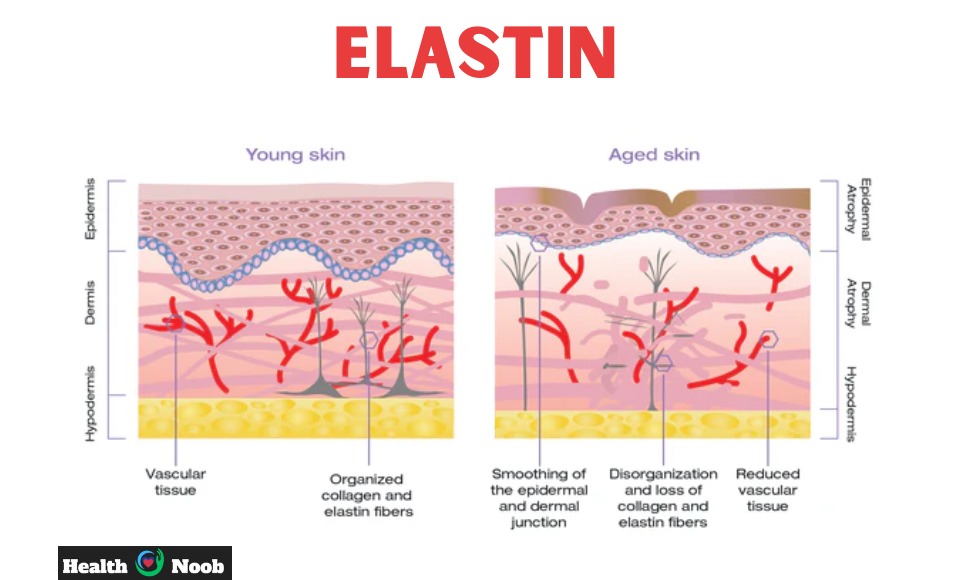
What happens when the skin loses elasticity?
As we already said, elastin is an important protein that holds the skin’s layers together tightly and correctly. They keep the skin’s structure and its ability to stretch in good shape.
Elastin keeps the skin flexible, and collagen keeps the skin smooth and strong.
These two things are very important for keeping skin young. But as we age, many of these proteins stop being made, and the skin gets thinner, more fragile, less firm, and flabbier. This causes the skin on our faces to sag and wrinkles and expression lines to show up.
All of the above things happen when your skin loses its flexibility. Your skin also stops looking bright and shiny, and spots may even start to show up.
Loss of suppleness is a process that can be slowed down or stopped by changing some habits and doing certain things in our daily skin care routine. Read on to find out!
How to recover the elasticity of the body’s skin?
Fortunately, there are ways to address the changes caused by a lack of elastin skin care. It’s not just about endless green juice and going to bed early.
- Moisturizing. Skin aging is a reality, but you can have visibly healthy skin if you keep it moisturized. To make your skin look tighter, use moisturising products with ingredients like peptides that can see the effects of not having enough elastin in your skin.
- sunscreen. Using a daily sunscreen all year round helps prevent visible signs of skin aging. Choose a sunscreen with moisturizers so your skin feels comfortable enough to use UV protection every day.
- Antioxidants. To protect your skin from visible signs of aging due to UV rays and pollution, include antioxidants in your skin care routine. For example, vitamins C and E are natural ingredients rich in antioxidants with great beauty benefits.
- Diet. We agree that it’s not all about green juice, but consuming a little won’t hurt you. Eating a colorful variety of fruits and vegetables is a good foundation for any eating plan; Pair this with whole grains and lean proteins to meet your macronutrient needs.
- Water. Hydrate well in your daily regimen so that your skin maintains a beautiful and youthful appearance. Try to drink between 2.7 and 3.7 liters of water per day. That doesn’t just mean drinking water: eating a juicy orange also contributes to your daily water intake.
- Eat healthy: You should cut back on or try to stay away from ultra-processed foods and foods that are high in sugar, salt, or carbs. Eat foods that are high in water and antioxidants instead. For example, berries and red fruits are high in antioxidants, celery and cucumber are high in water, salmon, olives, and walnuts are high in omega-3 fatty acids, which slow down skin ageing, pumpkin and zucchini are high in water, vitamins, and antioxidants, and turmeric and cinnamon are anti-inflammatory and high in antioxidants.
- Exercise regularly, moderate exercise like yoga or Pilates. It increases blood circulation, thus reaching more oxygen and nutrients to the skin, increasing collagen production, and maintaining skin firmness.
Elastin is just a tool your skin uses to look good. Skin loses elastin in many ways, but fortunately, there are also many ways to keep your skin looking youthful for years to come.
Read More: How to remove dye stains from the skin? Tricks and remedies
Importance of elastin skin care
Hyaluronic acid, collagen, and elastin are all important for keeping the skin smooth and wet. However, elastin is the most important protein for the skin because it helps the collagen fibres and other tissues in the dermis keep water in. tone, which is what makes the tissues sag. That’s why it’s important to keep your looks young. In the skin, it does some of the following:
- Provides elasticity to the skin to keep it firm, smooth and soft.
- Prevents the formation of expression lines, furrows, wrinkles or stretch marks on the skin.
- Maintains skin hydration.
- It lets the skin stretch and then go back to its original shape.
- It supports collagen fibers that give firmness to the skin and prevent sagging.
- Improves collagen synthesis.
Elastin and food
Although elastin is produced through an intercellular physiological process that generates protein fibers, we can find it in foods such as:
- Leafy greens like spinach, lettuce, and chard are good for you.
- Soy derivatives
- Citrus fruits such as kiwi and lemon
- Foods rich in vitamin A such as melon or carrot
- Foods rich in zinc such as pork, eggs and dark chocolate
- Foods rich in sulfur such as asparagus
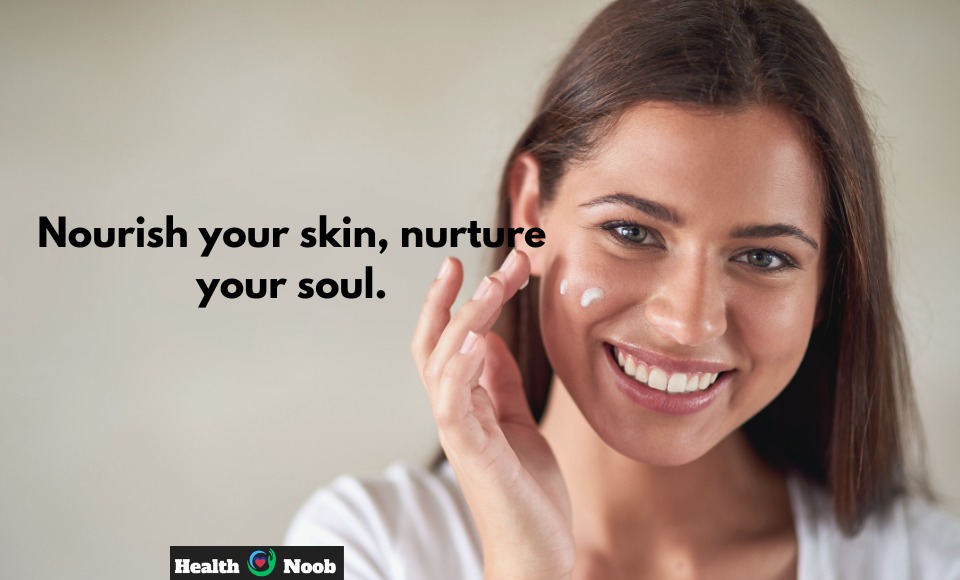
Cosmetic use of elastin skin care
Aside from age, other things that speed up the loss of elastin include poor nutrition, dehydration, sun exposure, and free radicals like those found in tobacco smoke. These and other things cause early ageing and the first signs of aging show in the skin, like dryness, expression lines, sagging, and wrinkles.
You can help this situation by taking supplements or using beauty items with elastin as a main ingredient.
This protein is the ingredient in products such as:
- Anti-aging creams
- Serums
- Gels or creams for the eye contour
- Firming body lotions
- Firming creams or gels for the neck, abdomen or bust
- Anti-stretch mark creams
- Hair care products
Final Verdict: Elastin skin care
Skin care is becoming more popular, but it’s not just about using gels and creams on the outside. We also need to take care of our bodies by eating well and staying hydrated. Focusing on taking care of your skin, this list of ideas will help you make a diet full of foods high in collagen and elastin.
